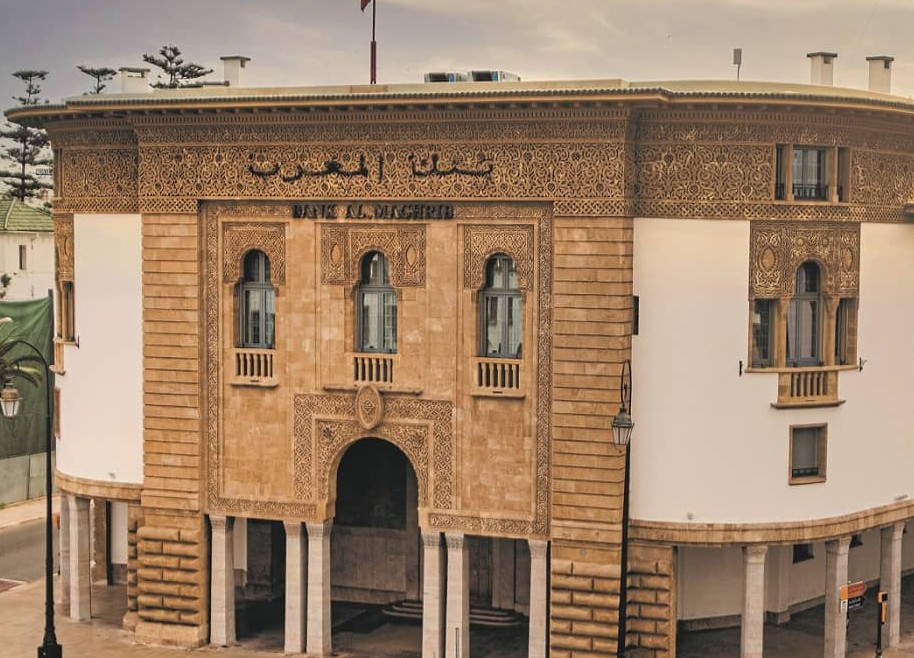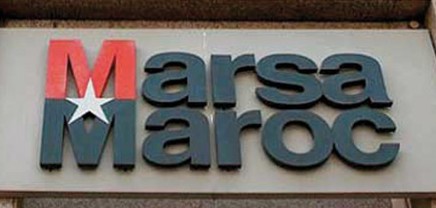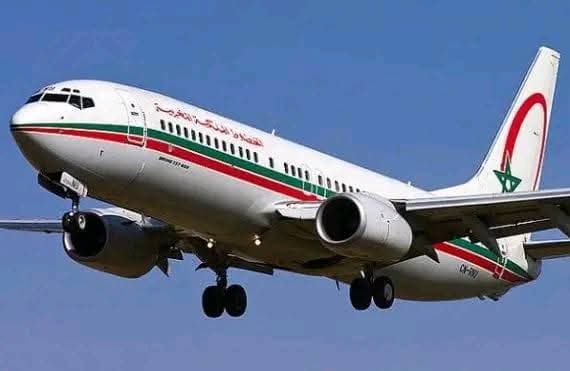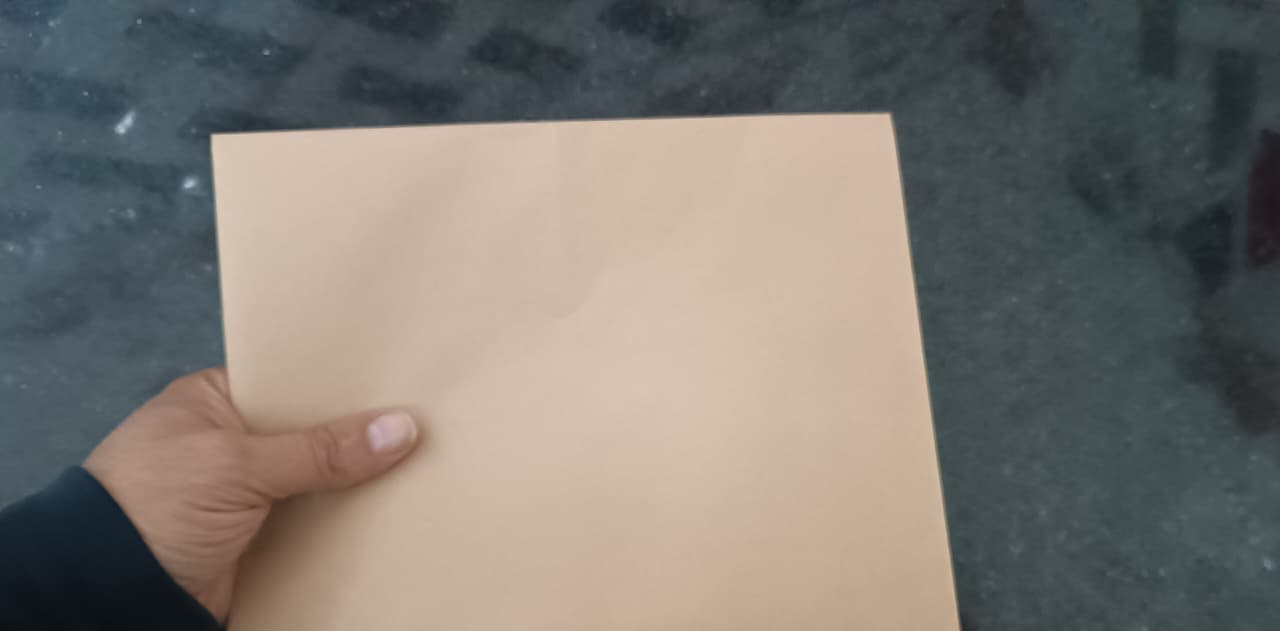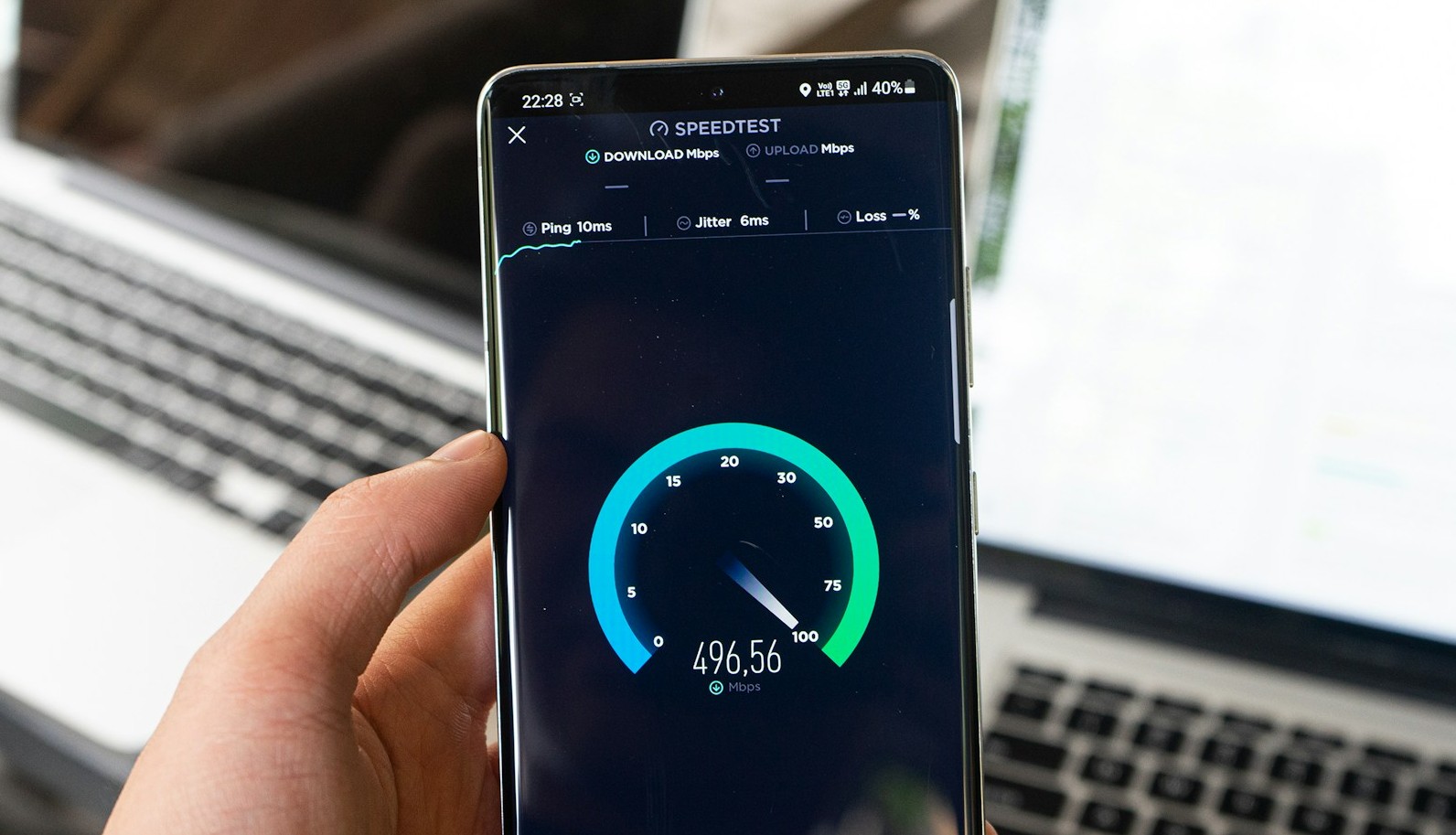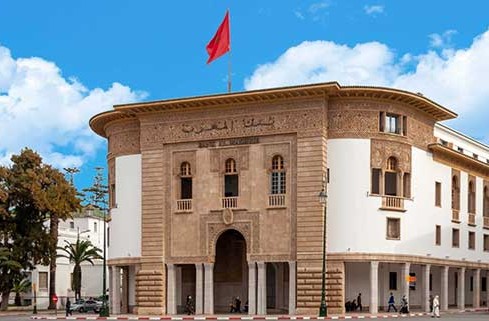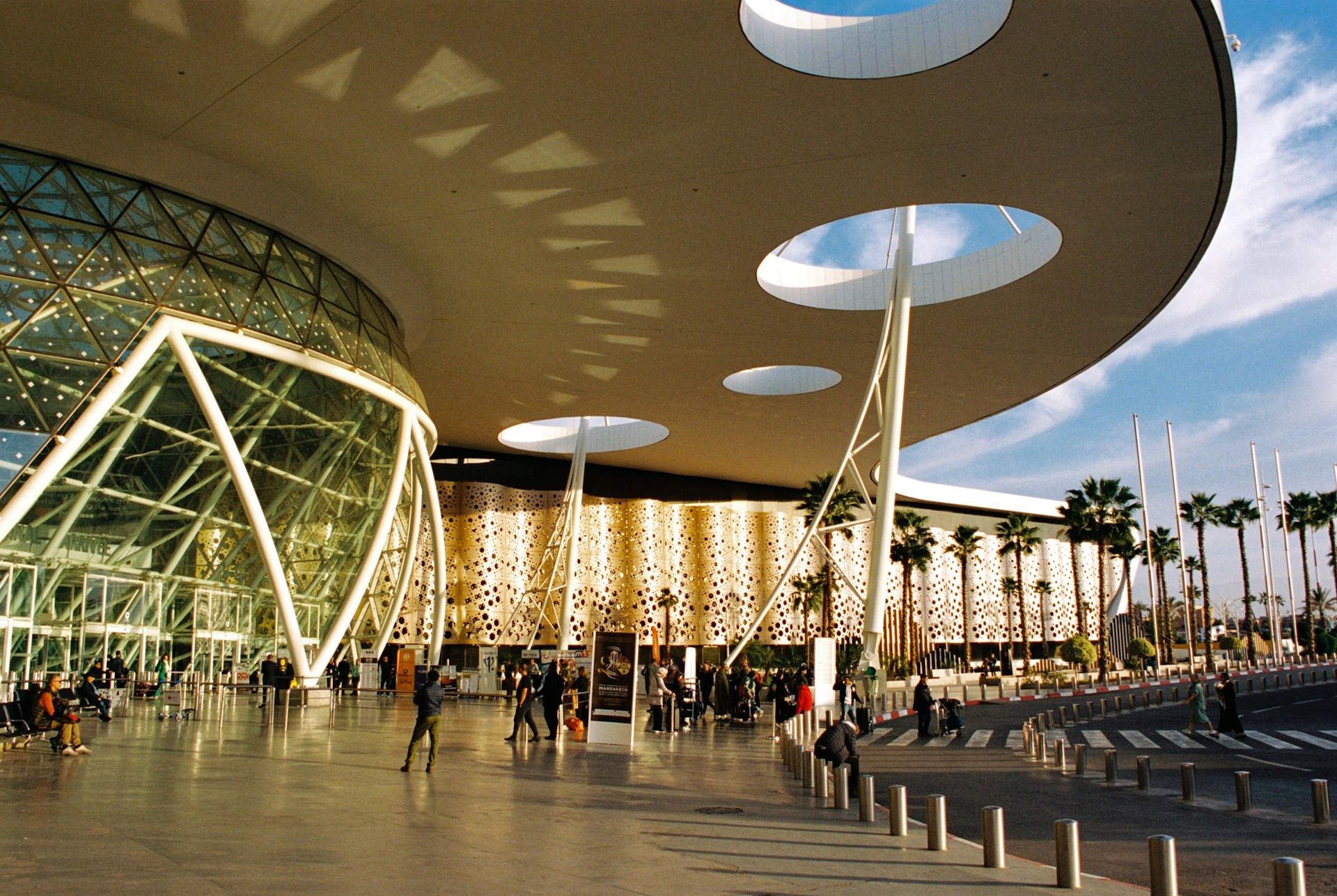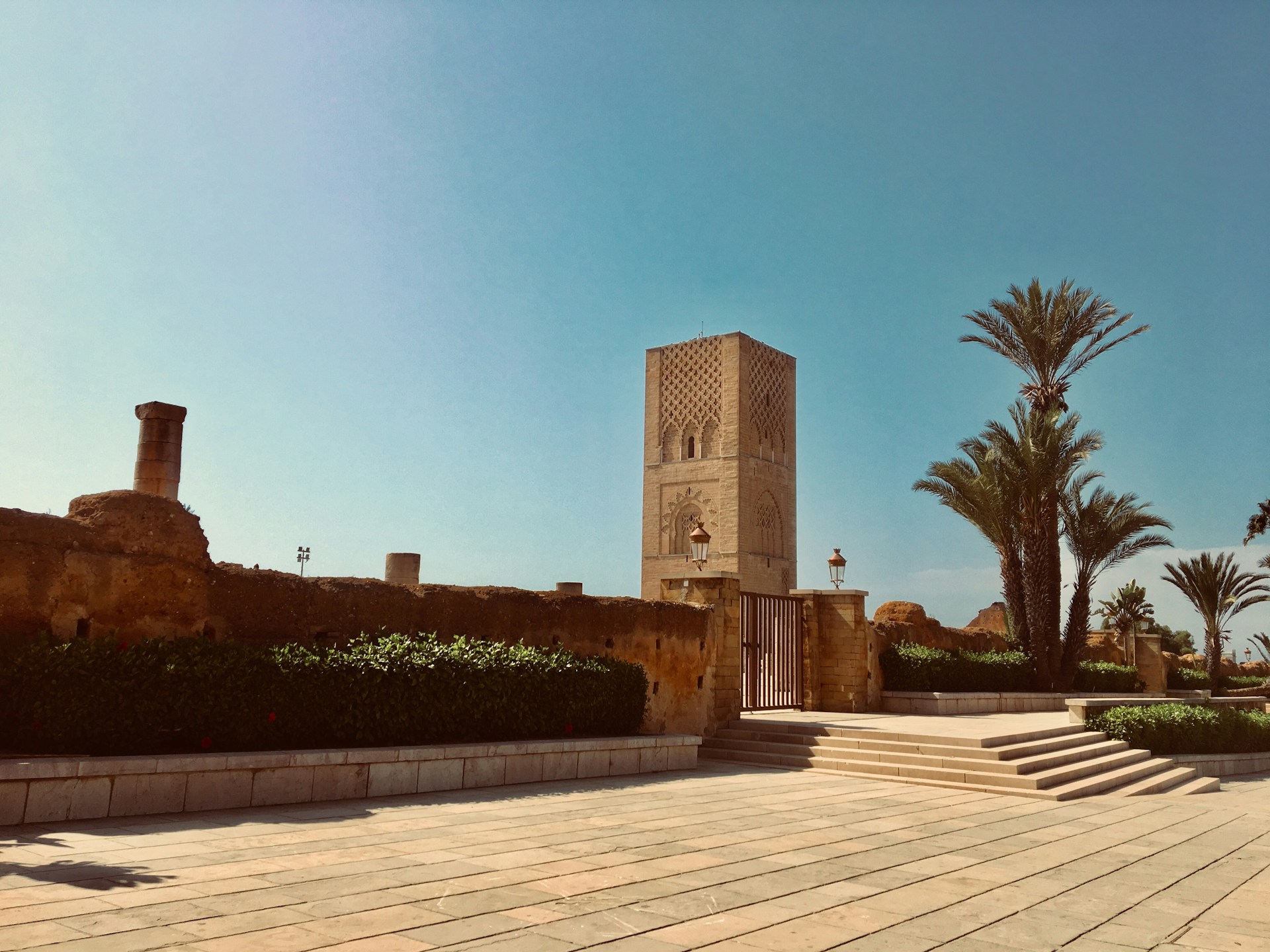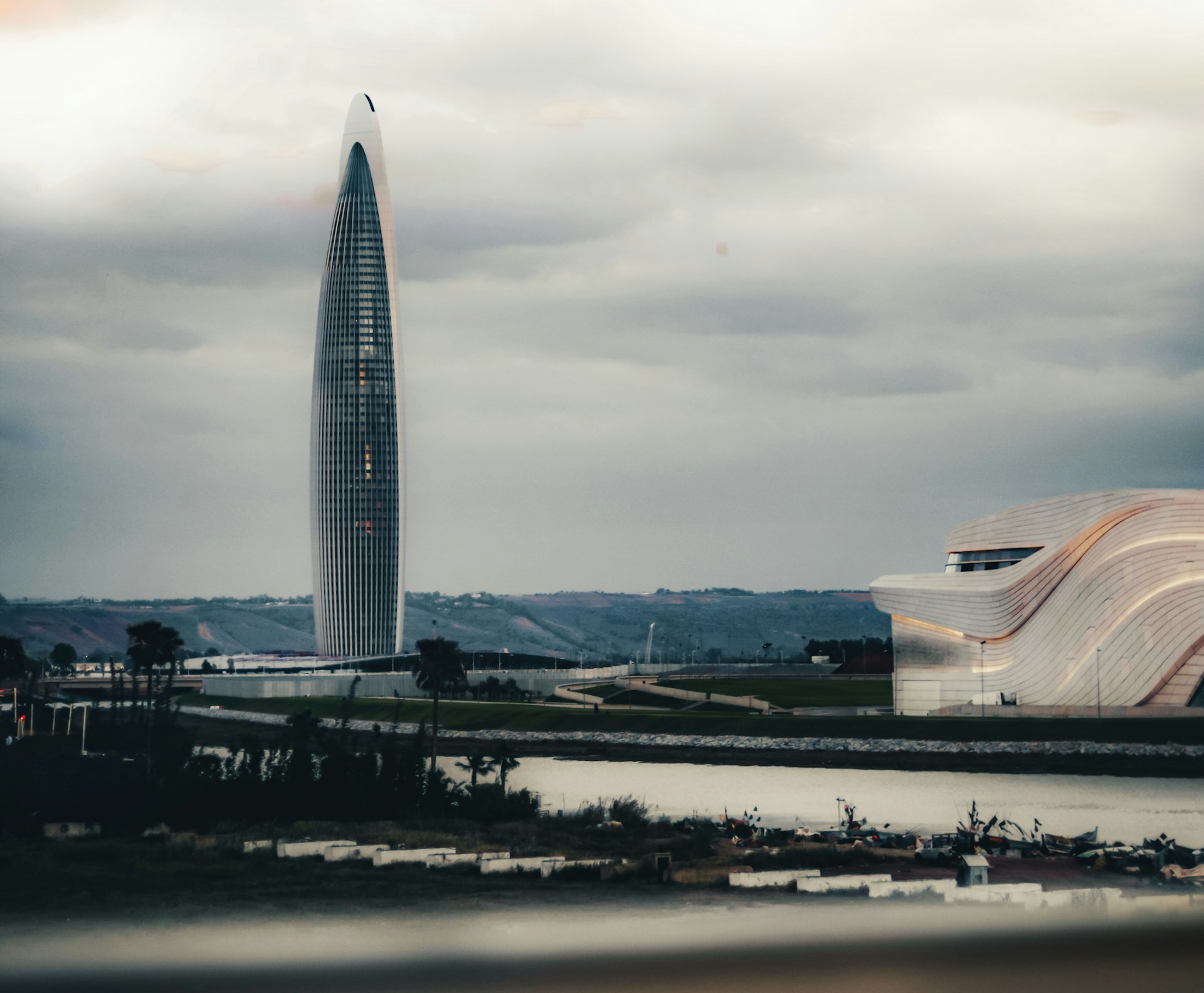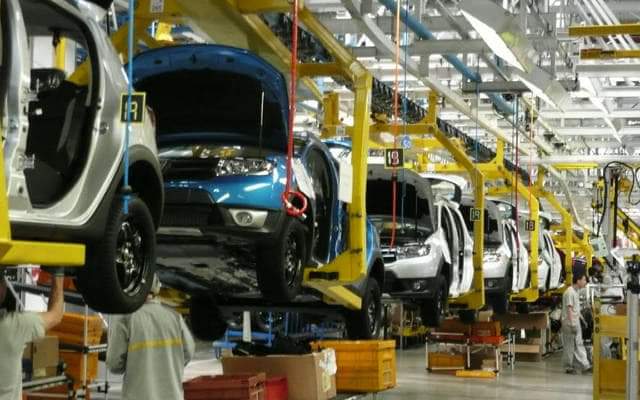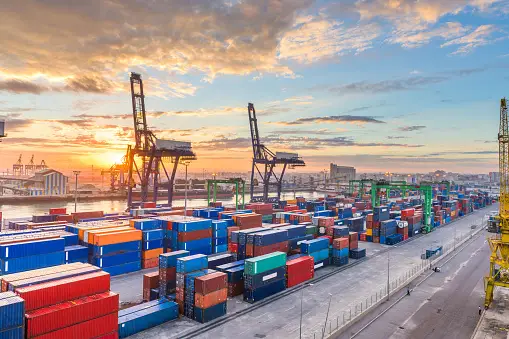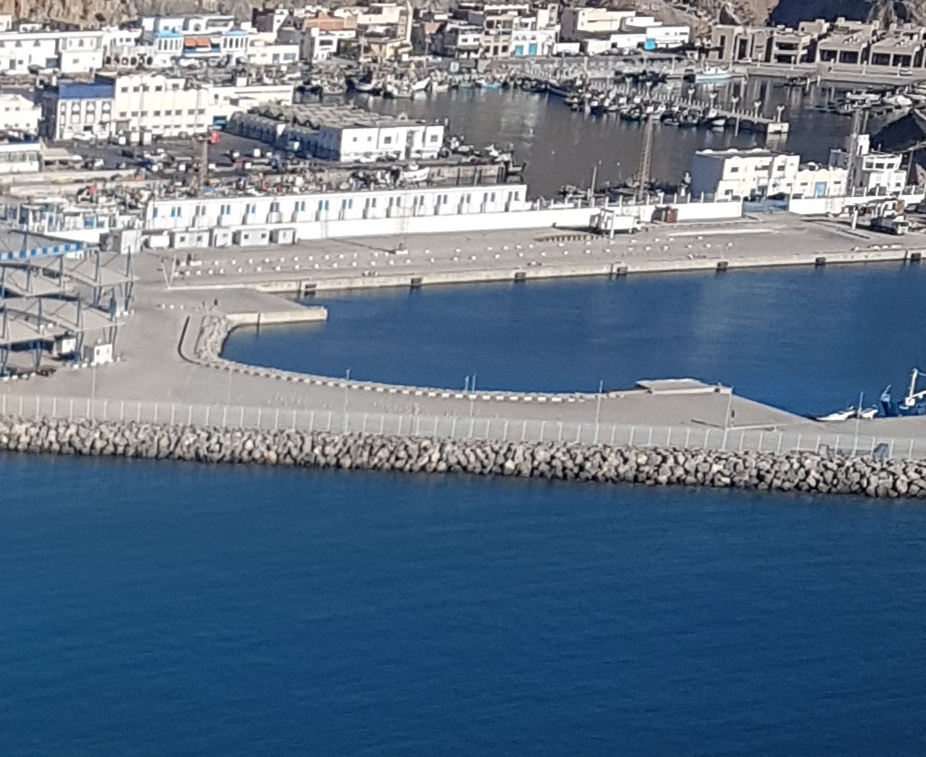Casablanca – In a move reinforcing Morocco’s commitment to rural development and food security, Bank Al-Maghrib (BAM), the central bank of Morocco, has subscribed to a $150 million sustainable bond issued by the International Fund for Agricultural Development (IFAD). The bond, announced on May 14, 2025, is part of IFAD’s broader sustainable financing framework and marks the second such collaboration between the two institutions.
This private placement, with a maturity of ten years, forms part of IFAD’s financing plan for 2025. It follows a previous operation in July 2024, during which BAM invested around $108 million at the time—also in a sustainable bond. Together, the two placements represent a combined investment of over $250 million aimed at supporting agricultural and rural transformation in developing countries, including Morocco.
Strengthening ties for long-term impact
This latest agreement reflects a growing trust between the UN-affiliated financial institution and the Moroccan central bank. According to IFAD, the subscription by BAM is not merely a financial operation but a strategic partnership that aligns with both institutions’ goals of promoting inclusive development and addressing the pressing challenges of food insecurity, rural poverty, and climate vulnerability.
Natalia Toschi, Head of Financial Operations at IFAD, welcomed the renewed engagement with Bank Al-Maghrib, stating,
“The renewed confidence of Bank Al-Maghrib is especially meaningful in a time of global uncertainty. It demonstrates the strength of a long-term relationship grounded in shared development values and a commitment to impact-driven investment.”
She also emphasized that BAM’s investment strategy aligns with IFAD’s founding principles, particularly in promoting responsible and sustainable economic practices.
Funding for rural transformation
The funds raised through this bond will contribute to IFAD’s global portfolio of development projects, with a focus on transforming rural areas into more sustainable, resilient, and productive environments. The investment aims to improve food security, enhance livelihoods, and strengthen communities’ capacity to adapt to climate change.
These initiatives are particularly relevant at a time when rural populations remain among the most vulnerable globally. Despite producing over one-third of the world’s food, smallholder farmers—most of whom live in developing countries—often lack access to adequate infrastructure, markets, and financial services. IFAD estimates that 80% of the world’s extreme poor reside in rural areas, and approximately 730 million people worldwide still suffer from hunger, representing nearly one in eleven people.
Targeted investments in rural development are therefore seen as a powerful tool for achieving the United Nations Sustainable Development Goals (SDGs), especially SDG 1 (No Poverty) and SDG 2 (Zero Hunger).
Morocco as a strategic development partner
Morocco has long been a key partner of IFAD, with a collaboration spanning over four decades. Since 1979, the country has benefited from 16 development programs jointly financed by IFAD, with total investments exceeding $1.7 billion. These projects have reached more than 700,000 rural households, contributing to the country’s national goals in agricultural development, climate resilience, and rural empowerment.
Donal Brown, Associate Vice President of IFAD’s Country Programs Department, highlighted Morocco’s strategic importance, noting,
“The Kingdom is not only distinguished by the scale of its engagement but also by its visionary approach to agricultural modernization, sustainable land use, and climate adaptation.”
He also pointed to the alignment between IFAD-supported projects and Morocco’s “Generation Green 2020–2030” strategy, a national plan aimed at strengthening agricultural production, improving rural incomes, and promoting the inclusion of youth and women—particularly in mountainous and marginalized regions.
A broader policy shift towards sustainable finance
This new bond subscription also signals Bank Al-Maghrib’s increasing orientation towards sustainable and socially responsible investment policies. By supporting IFAD’s financing instruments, the central bank positions itself as an active player in global efforts to create more inclusive and resilient economies, particularly in the Global South.
According to IFAD, the current portfolio of active projects in Morocco amounts to $250 million. These include programs specifically designed to empower rural youth and women, bolster food supply chains, and build communities’ resilience to economic and environmental shocks.
Looking ahead
As global challenges such as climate change, inflation, and geopolitical instability continue to pressure food systems and vulnerable populations, partnerships like the one between IFAD and Bank Al-Maghrib are gaining renewed significance.
With a combined investment of over $250 million through two sustainable bond placements, Morocco and IFAD are demonstrating how targeted, responsible financing can serve as a catalyst for long-term rural transformation. Their joint efforts are not only helping to combat poverty and hunger in rural areas but are also laying the foundation for more sustainable and equitable development across regions most in need.
